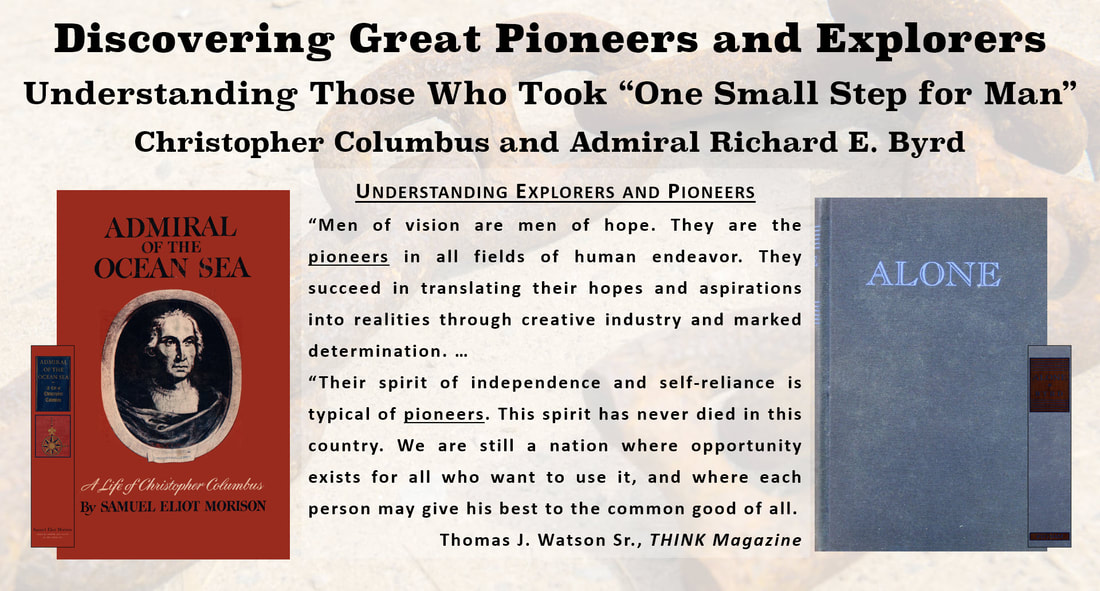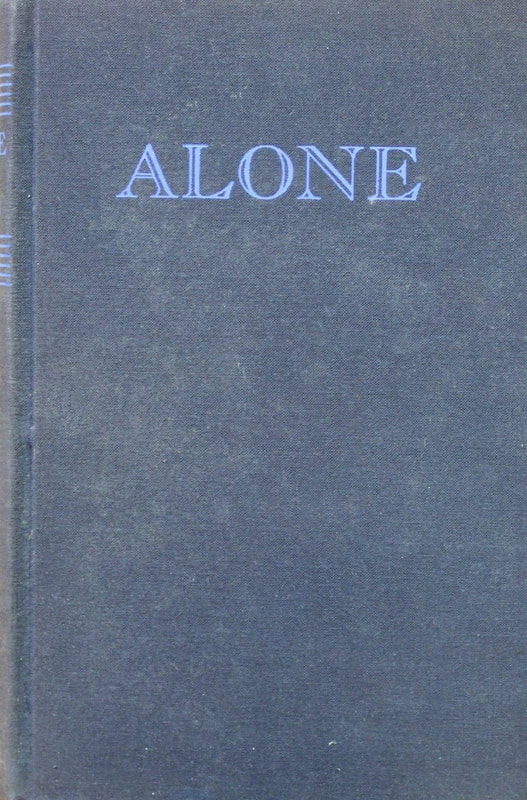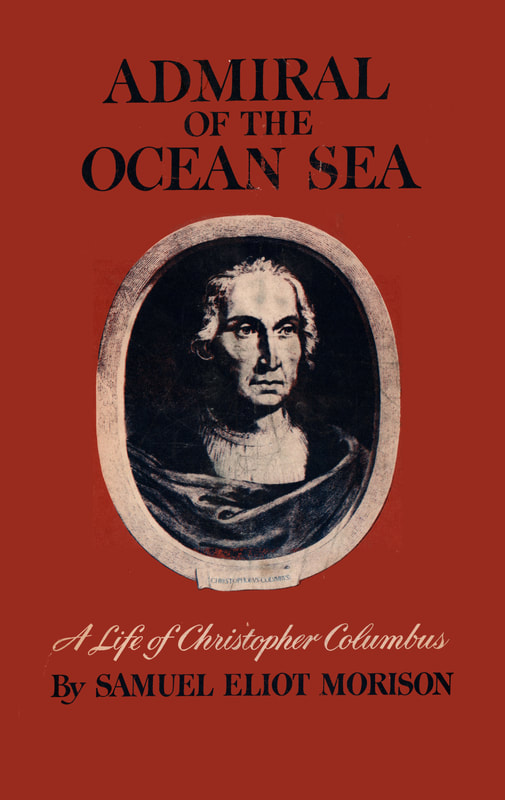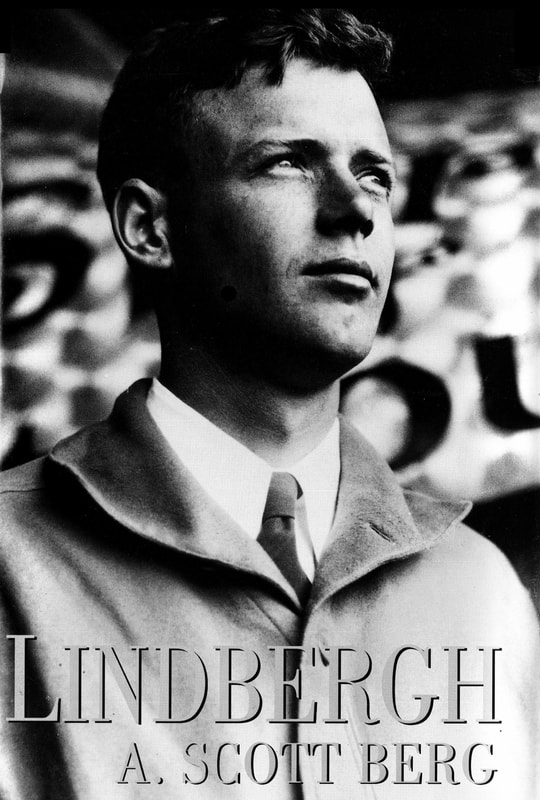Explorers' and Pioneers' Bibliography
Individual Explorers and Publishers
|
Rear Admiral Richard E. Byrd
|
|
“In the passing of Rear Admiral Richard E. Byrd, America and the world have lost one of the truly great explorers of all time … I have lost an old and dear friend. As Commander of two Arctic and five Antarctic expeditions, Admiral Byrd dedicated his life to the exploration of those little known areas. He was the first man to fly over both the North and South Poles.
"His explorations charted more than two million square miles of territory, adding tremendously to the world’s scientific knowledge of the polar regions.” Dwight D. Eisenhower, President of the United States
These are the reviews of three of his books: "Little America," "Discovery," and "Alone." Select the link above or the image of the front cover of "Alone" to the right. |
|
Samuel E. Morison
|
|
“The reader will have ample opportunity to judge the Discoverer’s character for himself. Physical courage, which the early historians took for granted, he will find in plenty; and untiring persistence and unbreakable will. Certain defects will appear, especially lack of due appreciation for the labors of his subordinates; unwillingness to admit his shortcomings as a colonizer; a tendency to complain and be sorry for himself whenever the Sovereigns, owing to these shortcomings, withdrew some measure of their trust in him.
“These were the defects of the qualities that made him a great historical figure. For he was not, like a Washington, a Cromwell, or a Bolivar, an instrument chosen by multitudes to express their wills and lead a cause; Columbus was a Man with a Mission, and such men are apt to be unreasonable and even disagreeable to those who cannot see the mission. … “He was man alone with God against human stupidity and depravity, against greedy conquistadors, cowardly seamen, even against nature and the sea.” |
A Pulitzer Prize winning biography of Christopher Columbus.
|
Samuel Eliot Morison, Admiral of the Ocean Sea
|
A Scott Berg
|
|
“William Randolph Hearst wanted to star Lindbergh in a motion picture about aviation opposite his mistress, Marion Davies. Hearst offered Lindbergh $500,000 plus ten percent of the gross receipts.
Those extra points in the film would probably have been worth at least as much as his salary—leaving him financially set for life. … ‘I wish I could do it if it would please you,’ Lindbergh demurred, ‘but I cannot, because I said I would not go into pictures.’ “What Lindbergh did not say—until many years later in a book of memoirs—was that he objected to Hearst himself. . . . Lindbergh noted: " ‘[William Randolph Hearst] controlled a chain of newspapers from New York to California that represented values far apart from mine. They seemed to be overly sensational, inexcusably inaccurate, and excessively occupied with the troubles and vices of mankind. I disliked most of the men I had met who represented him, and I did not want to become associated with the organization he had built.’ |
A Pulitzer Prize winning biography of Christopher Columbus.
|
“[Hearst kept pressuring the then very-young Charles Lindbergh finally saying] ‘if you don't want to make a picture, tear it up and throw it away.’ Double-dared, Lindbergh tore the pages in half and tossed them into the fireplace.
"Hearst watched with what Lindbergh would long remember as ‘amused astonishment.’ …
"Hearst watched with what Lindbergh would long remember as ‘amused astonishment.’ …
A. Scott Berg, Lindbergh



